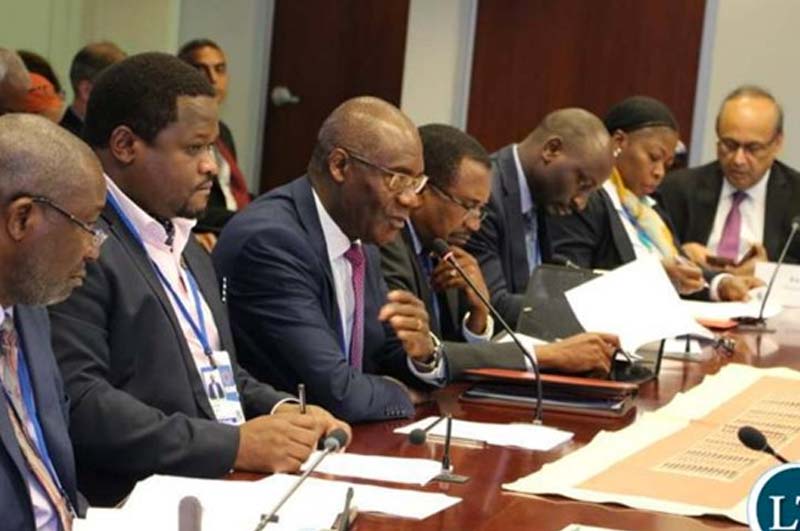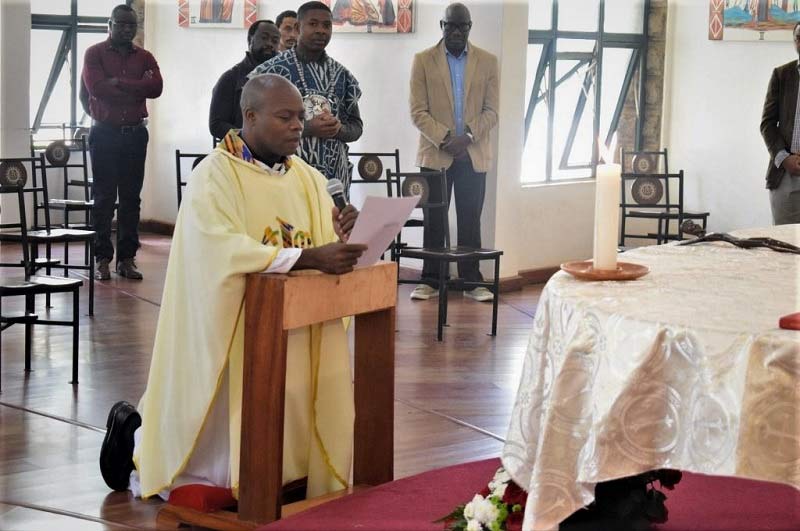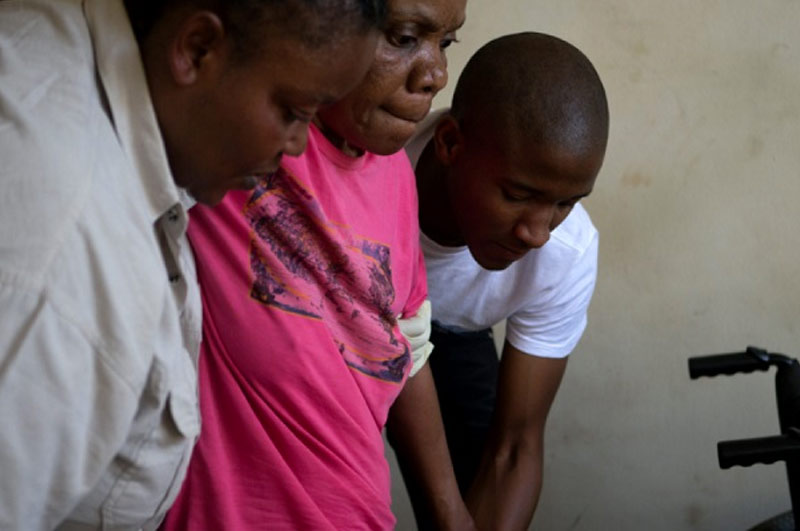


On September 22nd 2020, The Zambian Government applied to holders of its US$3 billion in Eurobonds to defer debt service payments for six months while it works on a debt-restructuring strategy. This period covers three coupon payments whose due dates are 14th October, 2020, 30th January, 2021 and 20th March, 2021, on the respective bonds. On 14th October, 2020 Zambia missed paying its coupon of US$42.5 million on $1 billion of dollar bonds due in 2024.
Zambia was then given a 30-day grace period for coupon payment which expired on Friday 13th November. Now that Zambia’s Eurobond holders have rejected Government’s request for a six months interest payment freeze, a sovereign debt default has been triggered as Zambia is unable to meet the coupon payment obligations because of its constrained fiscal space.
The Government had requested interest payment holiday because it was very clear that it has no resources to meet the payment obligations as they become due either now or in the following months. National budgetary allocation to the social sector has been declining in the last five years. Allocations to this sector address directly the needs of the majority poor, vulnerable and marginalised. Social sector public spending is crucial for alleviating poverty and inequality and for saving lives and sustaining livelihoods.
In the absence of debt relief, Government will be compelled to undertake serious stringent fiscal, monetary and economic austerity measures which will gravely affect the social sector. The situation is going to become even worse in the event of sovereign default because the country is going to be blacklisted resulting in facing higher interest rates and lower credit rating which will make it difficult to borrow and to attract capital investment which the country badly needs to grow its economy to fight poverty and inequality.
For this reason, the Jesuit Centre for Theological Reflection (JCTR) is calling upon all concerned stakeholders (local, national, regional and international) to join hands and to show solidarity in advancing the noble cause to persuade Zambia’s creditors to consider any form of debt relief for the Zambian people. Zambia needs some space to address its indebtedness in a manner that will not harm the dignity of the lives of the millions of the Zambian people.
We are all aware that debt is a real existential threat to the provision of public service. JCTR is therefore calling upon Zambian leaders to undertake an honest and hard reflection on how and why this country has found itself in a state that puts in danger the lives of its citizens. From this reflection, Zambian leadership must present to the nation and the world a plan that will practically illustrate transformative and democratic practices to address the prevalent shortfalls in the country’s loan and debt contraction processes and in the public finance management.
Finally, JCTR is calling upon each and every Zambian to take keen interest and monitor this development. More importantly, JCTR is asking all the citizens to take it upon themselves to demand accountability and involvement in coming up with a roadmap of how our country is going to pull itself out of this undesired and dangerous debt crisis that has a potential of being a liability to be passed on to future generations. Government must demonstrate how Zambia shall never fall in such perilous indebtedness again.
Republished from: Lusaka Times
Photo from: Lusaka Times
Related Articles


Select Payment Method
Pay by bank transfer
If you wish to make a donation by direct bank transfer please contact Fr Paul Hamill SJ treasurer@jesuits.africa. Fr Paul will get in touch with you about the best method of transfer for you and share account details with you. Donations can be one-off gifts or of any frequency; for example, you might wish to become a regular monthly donor of small amounts; that sort of reliable income can allow for very welcome forward planning in the development of the Society’s works in Africa and Madagascar.
Often it is easier to send a donation to an office within your own country and Fr Paul can advise on how that might be done. In some countries this kind of giving can also be recognised for tax relief and the necessary receipts will be issued.








